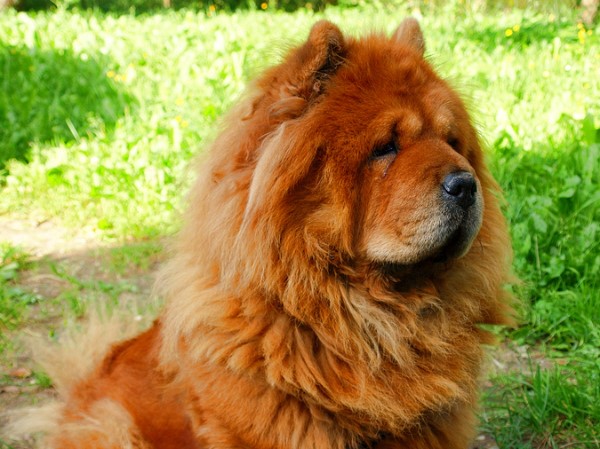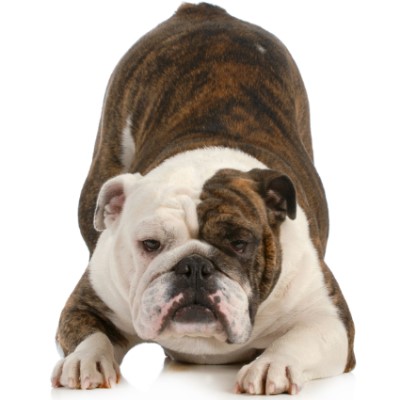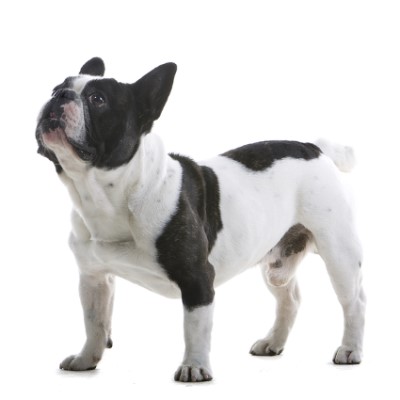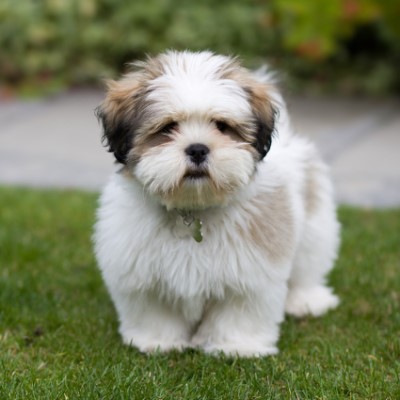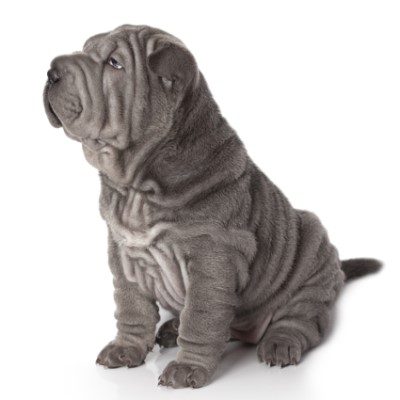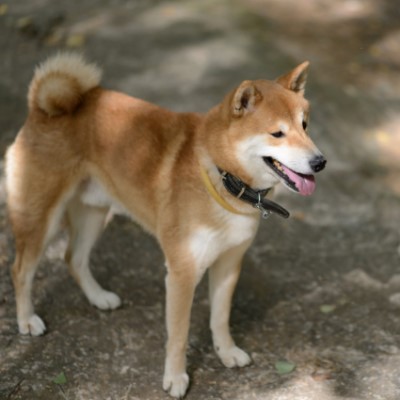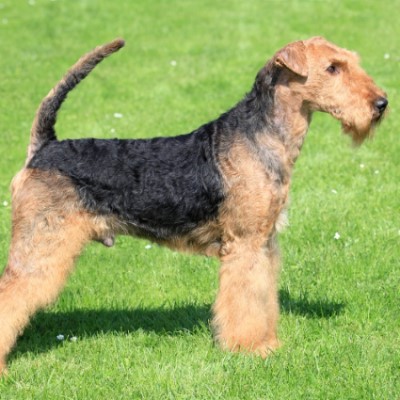Common Reasons for Surrender
Chow Chows become homeless, like many other breeds, because those who adopted them did not do research first and had little or no idea what to expect when they brought their Chow home. Many Chow Chows go to a rescue without having been groomed, trained, or socialized due to the owner not spending enough time with the dog.
Pros
 Naturally clean dogs, Chow Chows clean themselves religiously, comparable to how cats clean themselves. Because of their intelligence, they train easily and are house-trained from very soon after their birth.
Naturally clean dogs, Chow Chows clean themselves religiously, comparable to how cats clean themselves. Because of their intelligence, they train easily and are house-trained from very soon after their birth.
Typically not barkers, your Chow will bark to alert you to a stranger’s presence or if he senses danger. Otherwise, Chows are typically quiet dogs and don’t like to dig.
Cons
Don’t expect a running or a swimming partner if you adopt a Chow Chow. Chows typically don’t like getting their feet wet, although some Chows are exceptions to the rule and do enjoy swimming. Make sure you have a fenced-in yard for when you allow your Chow outside time to play and to eliminate. Chows, like other dogs, should never be chained.
Diet
Your Chow needs a good diet to keep him healthy. Opt for a high quality brand of kibble and give him healthy treats such as Milk Bones, Vita Bones, raw chicken wings, and cheese. Only give treats in moderation to avoid your Chow gaining excess weight. Many dogs also love vegetables, something approved by many veterinarians, and your Chow might enjoy a carrot or green beans, the latter of which is ideal for helping a dog lose weight.
Exercise
Like many breeds, Chow Chows are more playful when they are younger then calm down as they get older, but they don’t require much exercise at any age. A good leash walk will often keep your Chow happy.
Possible Health Issues
 Chows are prone to eye, hip, and elbow problems. Stomach cancer is also common, more so than in other breeds, although scientists are currently working to identify the marker that causes the cancer.
Chows are prone to eye, hip, and elbow problems. Stomach cancer is also common, more so than in other breeds, although scientists are currently working to identify the marker that causes the cancer.
Grooming
The Chow’s fluffy double coat, which sheds twice a year, makes for a high maintenance breed. As a result, you’ll have to brush and comb your Chow weekly to keep him looking clean and healthy. To ensure grooming is a positive experience for both you and your Chow, start brushing him on a regular basis from the time he is a puppy.
Grooming offers an ideal opportunity to bond with your Chow Chow. Brush or comb your dog as you watch television, listen to the radio, or relax on the couch. You’ll also need to bathe your Chow regularly and clip his nails as needed. While you may prefer to take your Chow to a groomer, you will likely find that grooming him is just as easy to do yourself.
Training
Even though the Chow Chow is an intelligent breed, she will probably try to pretend she is dumb, just to provide you with a training challenge. Some owners find their Chows are stubborn and simply do things when they want to do them. To ensure success with training, use only positive reinforcement. A kind word of encouragement, with or without a treat as a reward, will go much further than negativity.
Entertainment
Like kids, Chows have their own preferences when it comes to playing. Your Chow may enjoy going on a stroll with you around the neighborhood but, again, don’t expect him to jog or run. Some Chows love playing fetch while others are happiest just playing with their toys, especially stuffed toys, by themselves. A warm day offers your Chow the opportunity to do what he will probably like best—nap in the sun.
Be sure to include play time in your daily routine.
We want to thank Moonshine Chow Chows for help with this profile. Photos courtesy of Christine Cameron.
